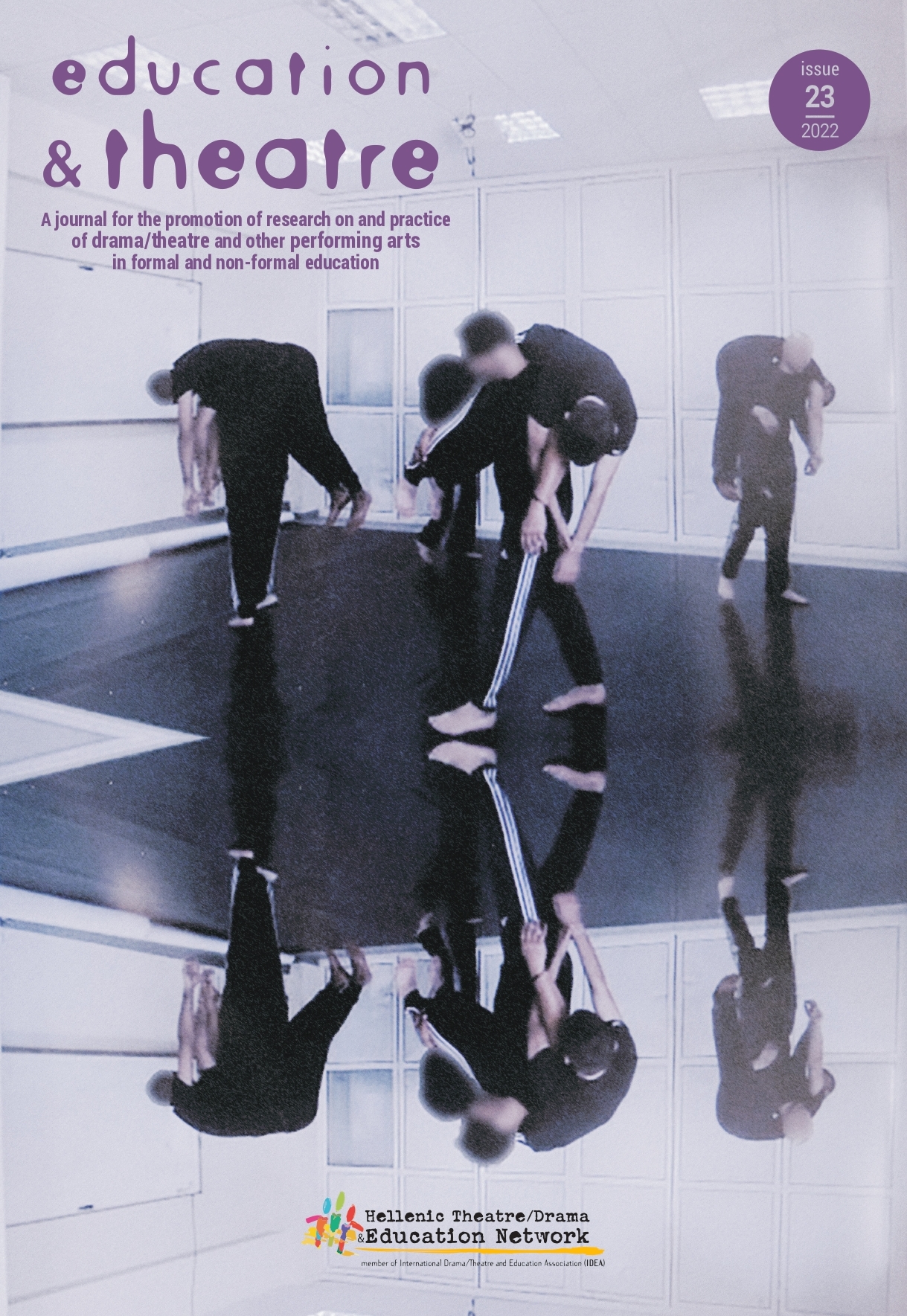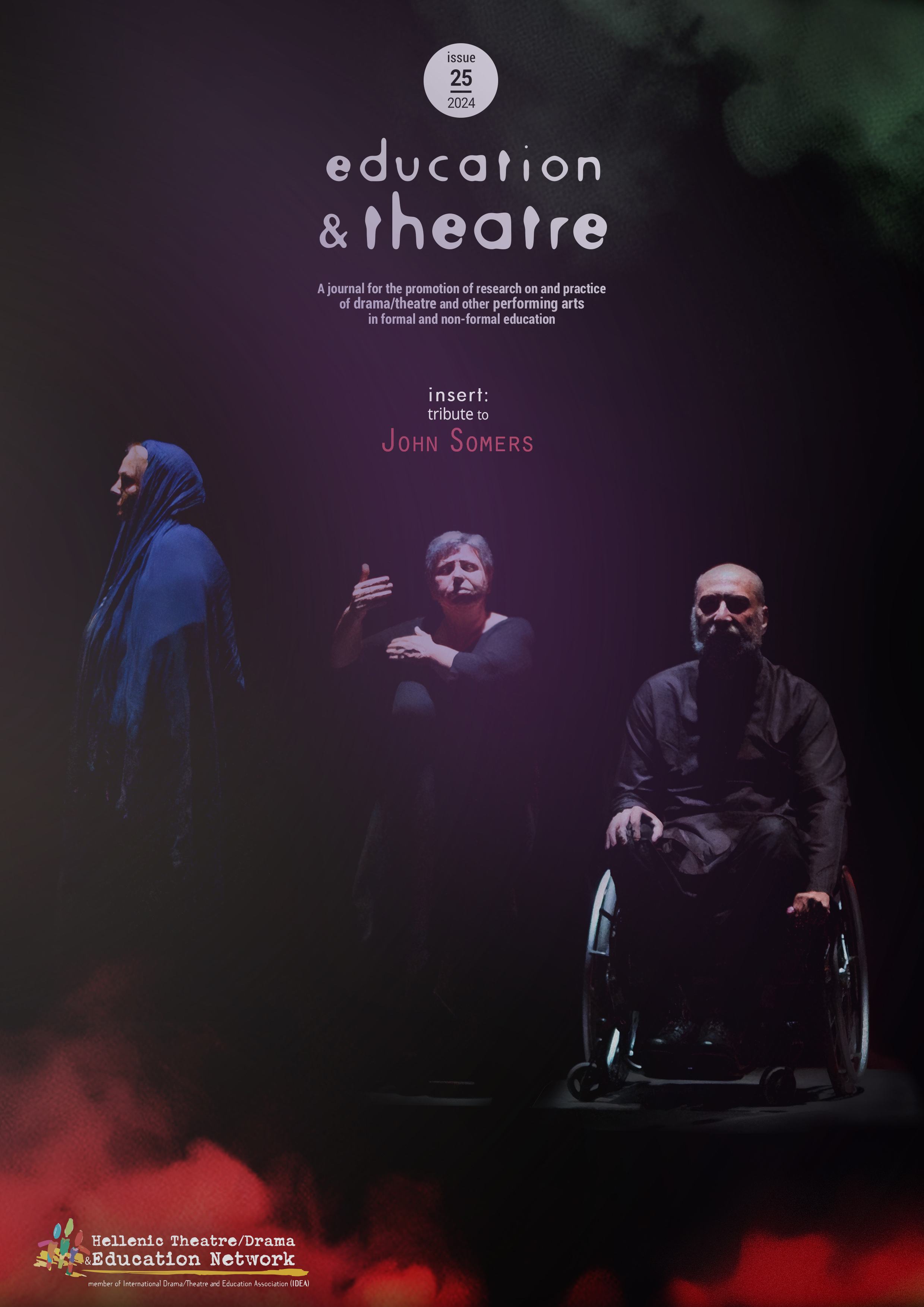Endeavours to introduce drama in education in primary education in China

Abstract
Drama in education has been developing faster in recent years in China, and its value has been recognised by schools, parents and education authorities. Nevertheless, its integration into the school curriculum is still difficult due to various reasons such as the beliefs of principals and the lack of qualified teachers, amongst others. In this article, I will outline the efforts I have made as a theatre/drama educator to help change this situation. I will present the initial positive results of my endeavours, which have resulted in drama becoming a compulsory subject for all students at Tianfu No.7 High School Primary Section and leading other arts subjects, including music, fine arts and dance, to build an integrated arts education. These practices are valuable and worthy to be held up as an example for schools willing to add drama in education into their curriculum in China and beyond.
Article Details
- How to Cite
-
Bin, M. (2022). Endeavours to introduce drama in education in primary education in China. Education & Theatre, 23, 48–53. https://doi.org/10.12681/edth.37668
- Section
- Innovative Projects Presentations






